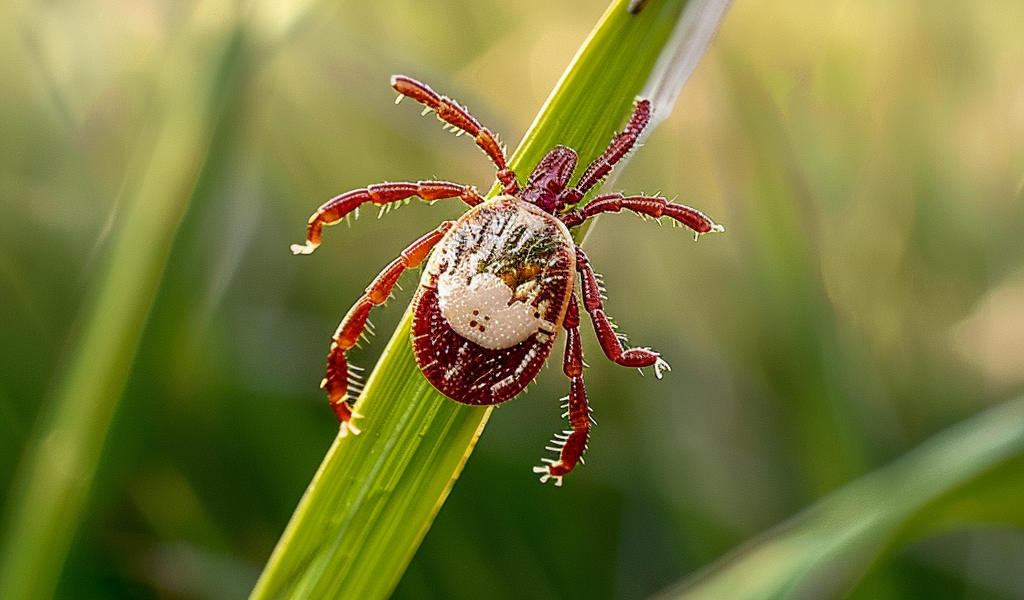Summer is around the corner, bringing with it warmer temperatures and an increase in insect and arachnid activity. The Kansas Department of Health and Environment (KDHE) has issued a health alert regarding the rise in tick activity across the state during the spring and summer months.
As of May 29, KDHE has received over 200 laboratory reports of tickborne diseases, signaling a concerning trend. Reports of tick bites and high tick numbers indicate a surge in tick activity and density earlier in the season compared to previous years.
KDHE highlights several tickborne diseases prevalent in Kansas, including Ehrlichiosis, Rocky Mountain Spotted Fever, Spotted Fever Group Rickettsioses (SFGR), and Tularemia. Additionally, rare tickborne viruses like Heartland virus and Bourbon virus have been identified in both humans and ticks in Kansas.
The Lone Star tick, the most common tick species in Kansas, is responsible for transmitting these diseases. KDHE emphasizes that Lone Star ticks are aggressive human biters and are found widely across the state, particularly in the eastern two-thirds. The department has investigated severe tickborne disease cases this year, including hospitalizations due to Rocky Mountain Spotted Fever and Tularemia, as well as a fatal case of Bourbon virus.
Dr. Erin Petro, State Public Health Veterinarian at KDHE, warns about the heightened activity of mosquitoes, which also transmit vector-borne diseases. She urges the public to take precautions against tick and mosquito bites to reduce the risk of acquiring these illnesses. Dr. Petro stresses the importance of bite prevention, especially with the emergence of conditions like Alpha-gal syndrome, which can have long-term effects on those affected.
In addition to tickborne illnesses, KDHE has observed an early increase in West Nile Virus (WNV) cases from mosquitoes. While WNV cases are common in Kansas every year, the department is concerned about the early onset of cases this year, with reports starting earlier than usual.
To mitigate the risk of tick and mosquito-borne illnesses, KDHE recommends using EPA-registered insect repellents containing DEET, picaridin, or other effective ingredients. Taking proactive measures to protect oneself and pets from tick and mosquito bites is crucial in preventing the spread of these diseases.





